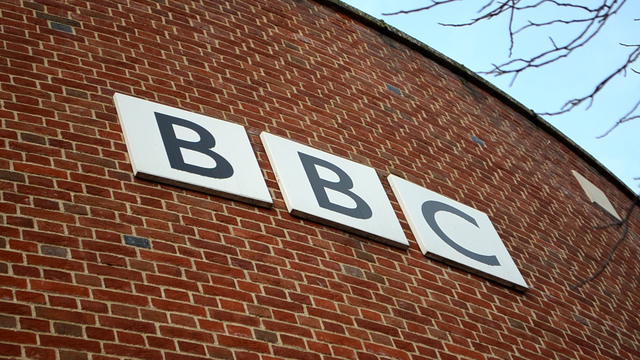British Broadcasting Company (BBC) journalists “lack understanding of basic economics”, said an independent review commissioned by BBC. The review was based on the corporation’s economics coverage including taxation, public expenditure, government debt and borrowing. The report’s authors, economic experts Michael Blastland and Sir Andrew Dilnot, said that impartiality is “at risk” because some journalists at the media house “make assumptions and have gaps in their knowledge.” Also read: Yes, BBC hates India, but know that its India-hate is a money strategy “In the period of this review, it particularly affected debt. Some journalists seem to feel instinctively that debt is simply bad, full stop, and don’t appear to realise this can be contested and contestable,” said Blastland and Dilnot. “Several general assumptions seem to lurk like this, either unnoticed or uncorrected. Others that outsiders observed in BBC coverage were ‘more public spending is good’ and ‘tax cuts are good’,” they added. ‘Journalists suggesting government’ The report reviewed as many as 11,000 pieces of news content from BBC TV and radio services along with social media posts obtained from October 2021 to March 2022. The authors also spoke to more than 100 people outside and inside the corporation.
The authors reviewed one particular on-air statement made by a BBC journalist who said the Government “will have to…” to carry out a certain thing. “We appreciate this was made live and might have been unintended.” Also read: Indian diaspora to protest outside London headquarters of ‘anti-India’ BBC “Still, BBC journalists should exercise extreme caution before suggesting a government ‘will have to…’ raise taxes, cut taxes, cut spending, raise spending, cut debt, raise debt, etc – in any area,” the review noted. The authors, according to The Telegraph, identified a “temptation to hype”. They said, “An occasional temptation to hype – and we think hype is an impartiality issue. We don’t want to be bored either, but see breathless stories or headlines that seem to chase excitement by slanting data or evidence”. BBC journalists claim lack of ‘wise heads’ A few unnamed journalists came forward to talk about the issue in question with the authors. One journalist said, “We’re a sort of team of arts graduates, basically.” While another one claimed that the “lack of knowledge” on certain topics was because of the absence of “wise heads” in the newsroom. Also read: Pack of lies: BBC's hitjob on PM Modi relies on Jack Straw's words, but he's known to have been a liar To conclude the report, the BBC board said, “This has provided new insight for us in how we understand and deliver due impartiality in this vital area of public policy. The review as a whole provides clear indications for how we can improve editorial standards and audience impact as a result.” BBC claims ‘no systematic bias’ Meanwhile, a BBC report on the recent review flags concerns about the functioning of the newsroom but says that this doesn’t hint at a “systematic bias”. According to the report, the review has enough reasons to “applaud”. The authors, according to BBC, said that there was “widespread appreciation” of the corporation’s coverage of UK’s economy. “In our audience research, most had no comment about impartiality on fiscal policy because they didn’t know what the stories meant,” the authors said. Read all the Latest News , Trending News , Cricket News , Bollywood News , India News and Entertainment News here. Follow us on Facebook, Twitter and Instagram.


)

)
)
)
)
)
)
)
)



